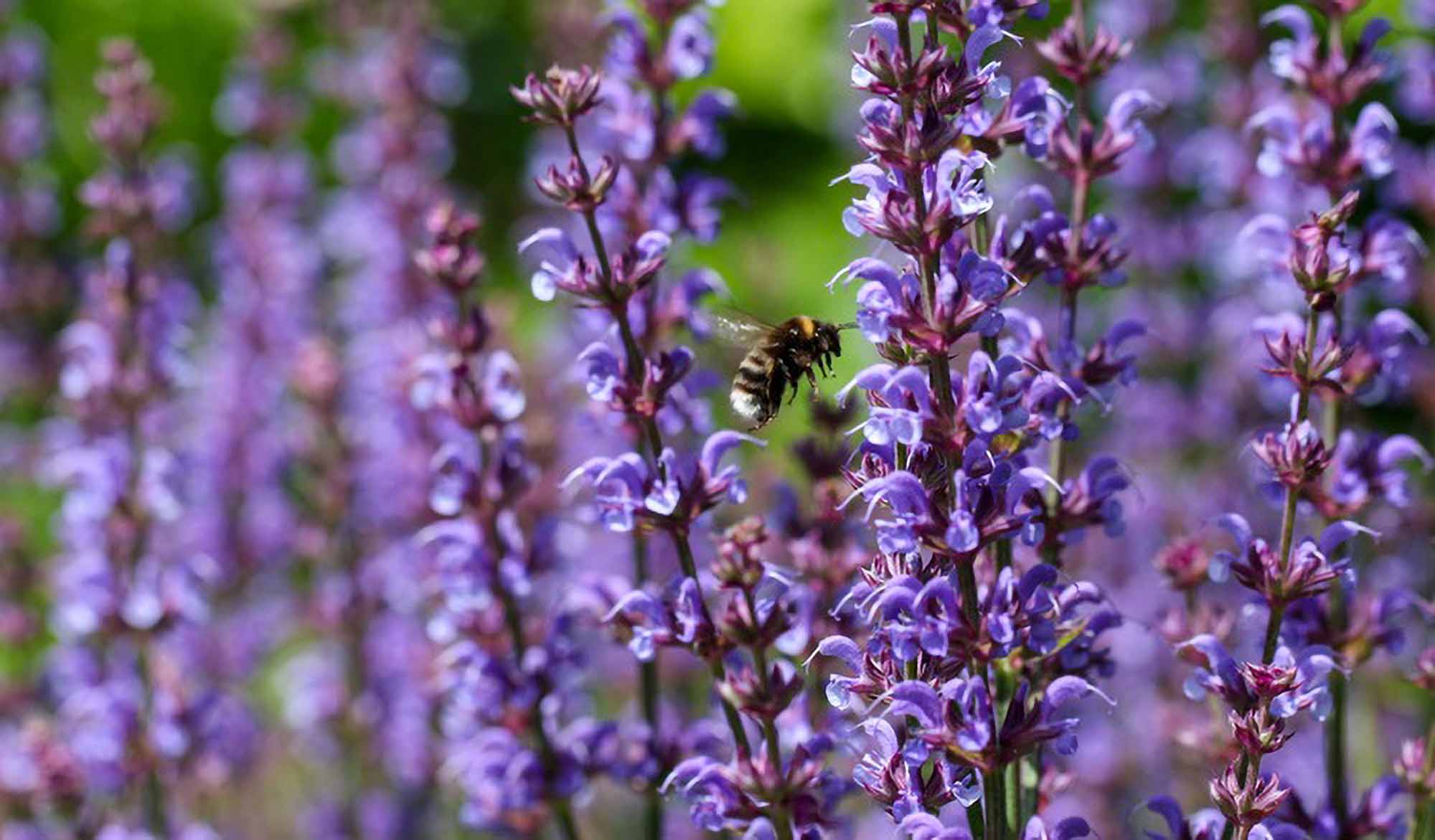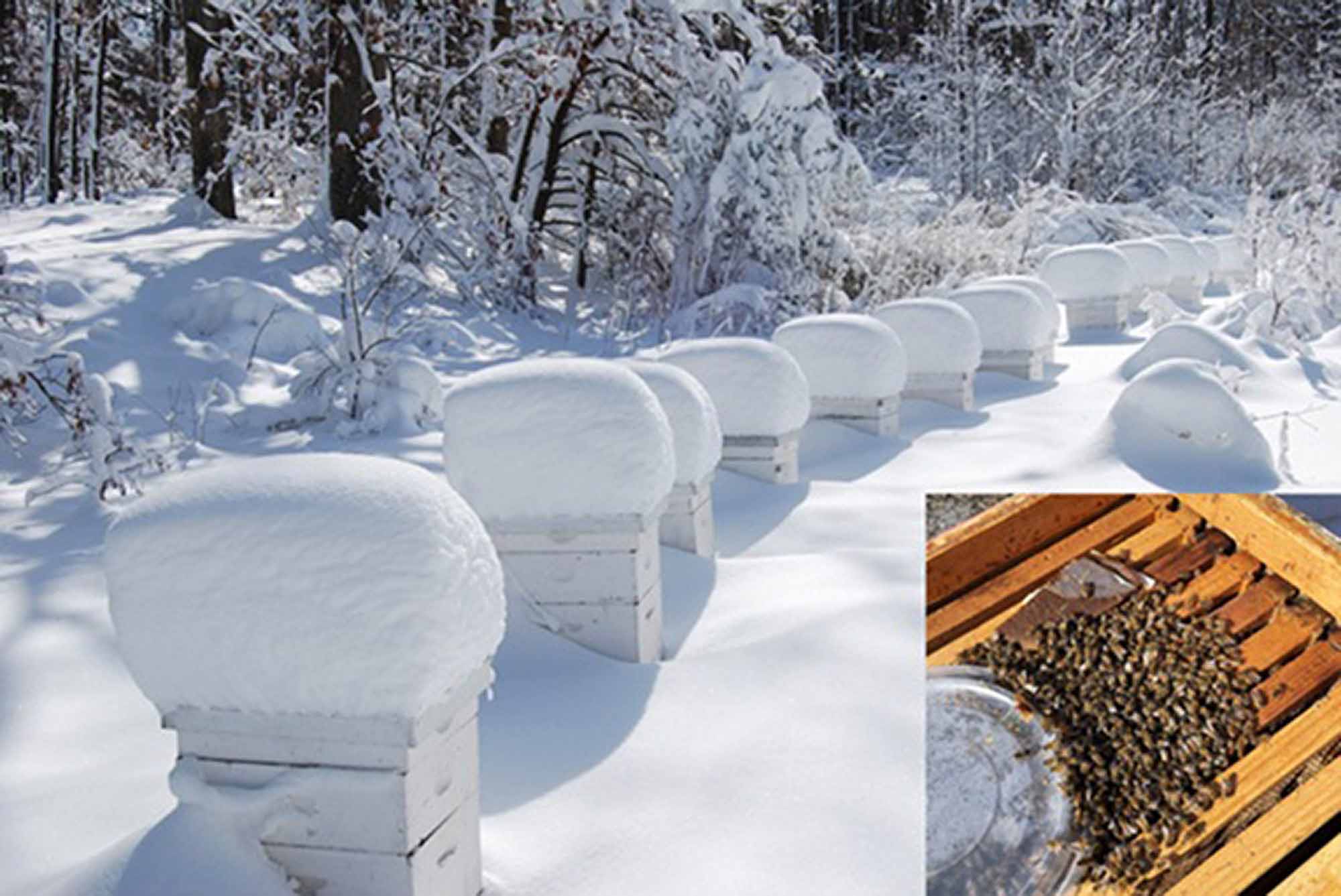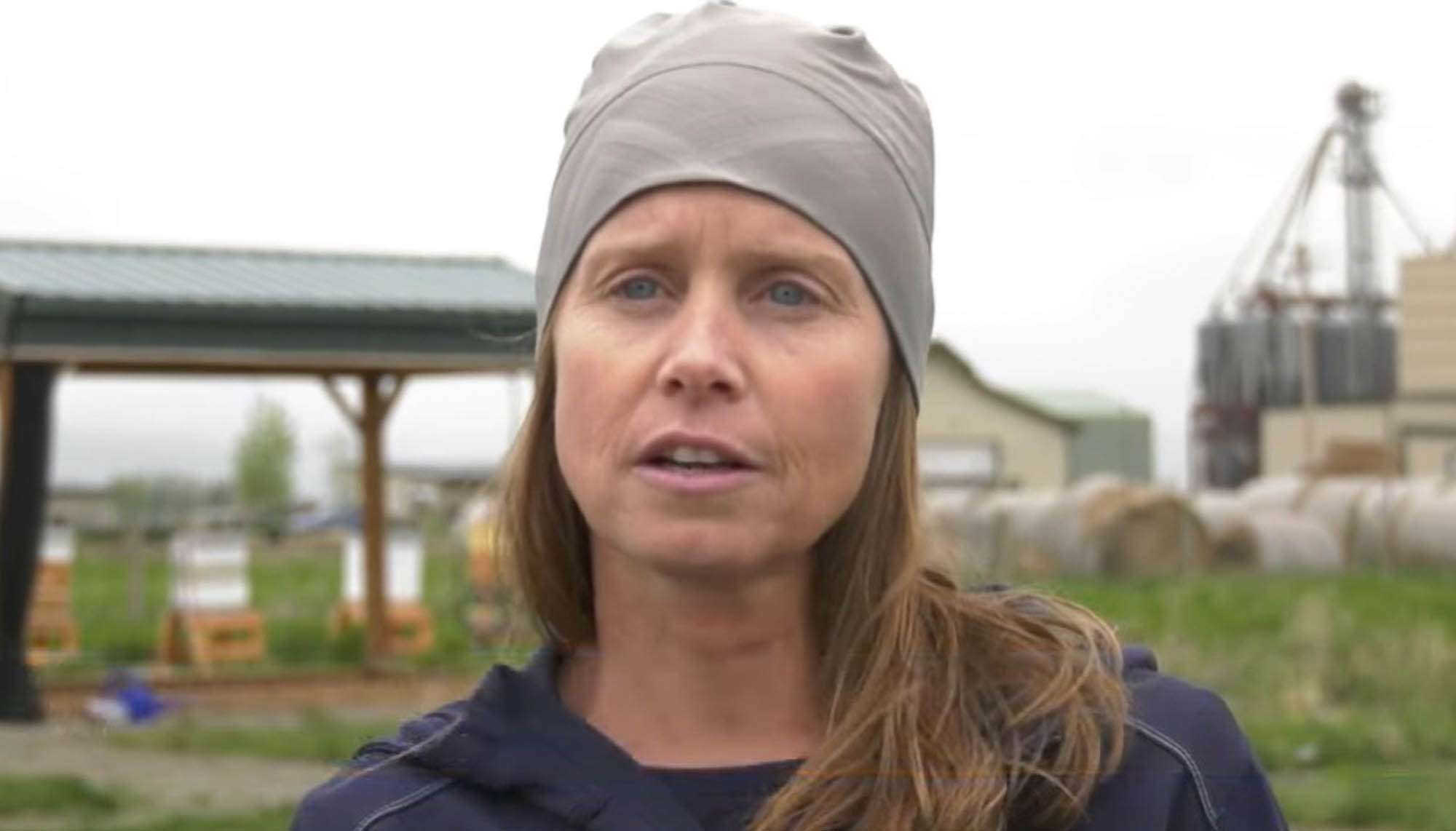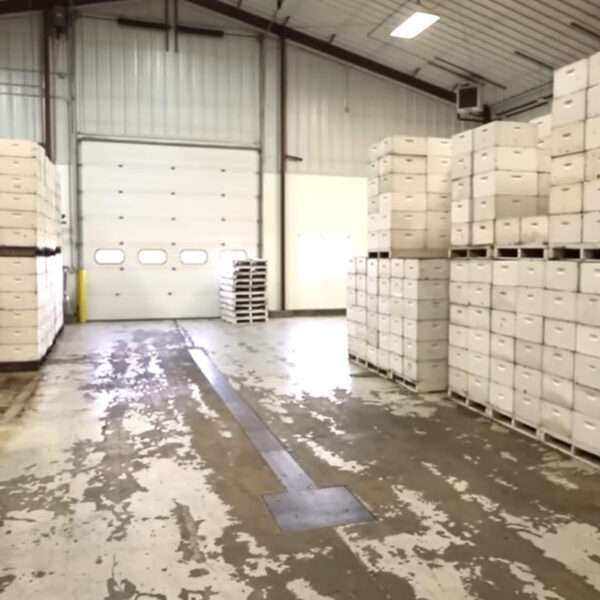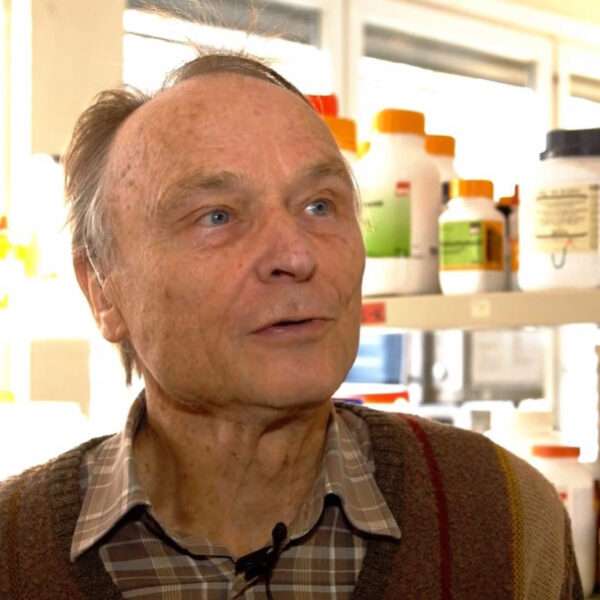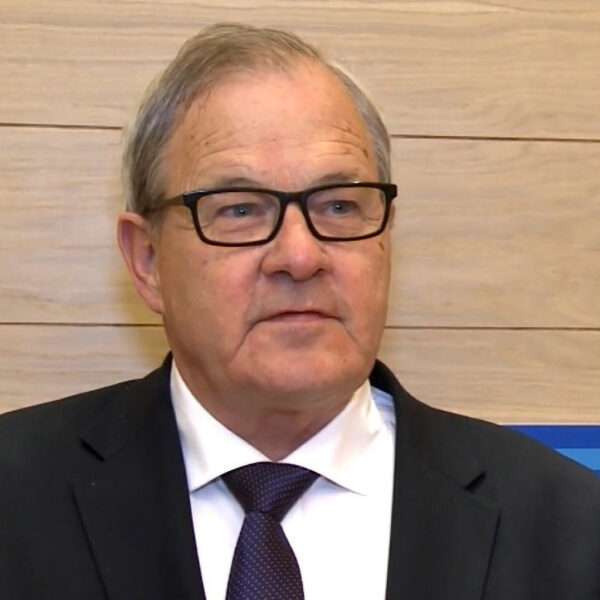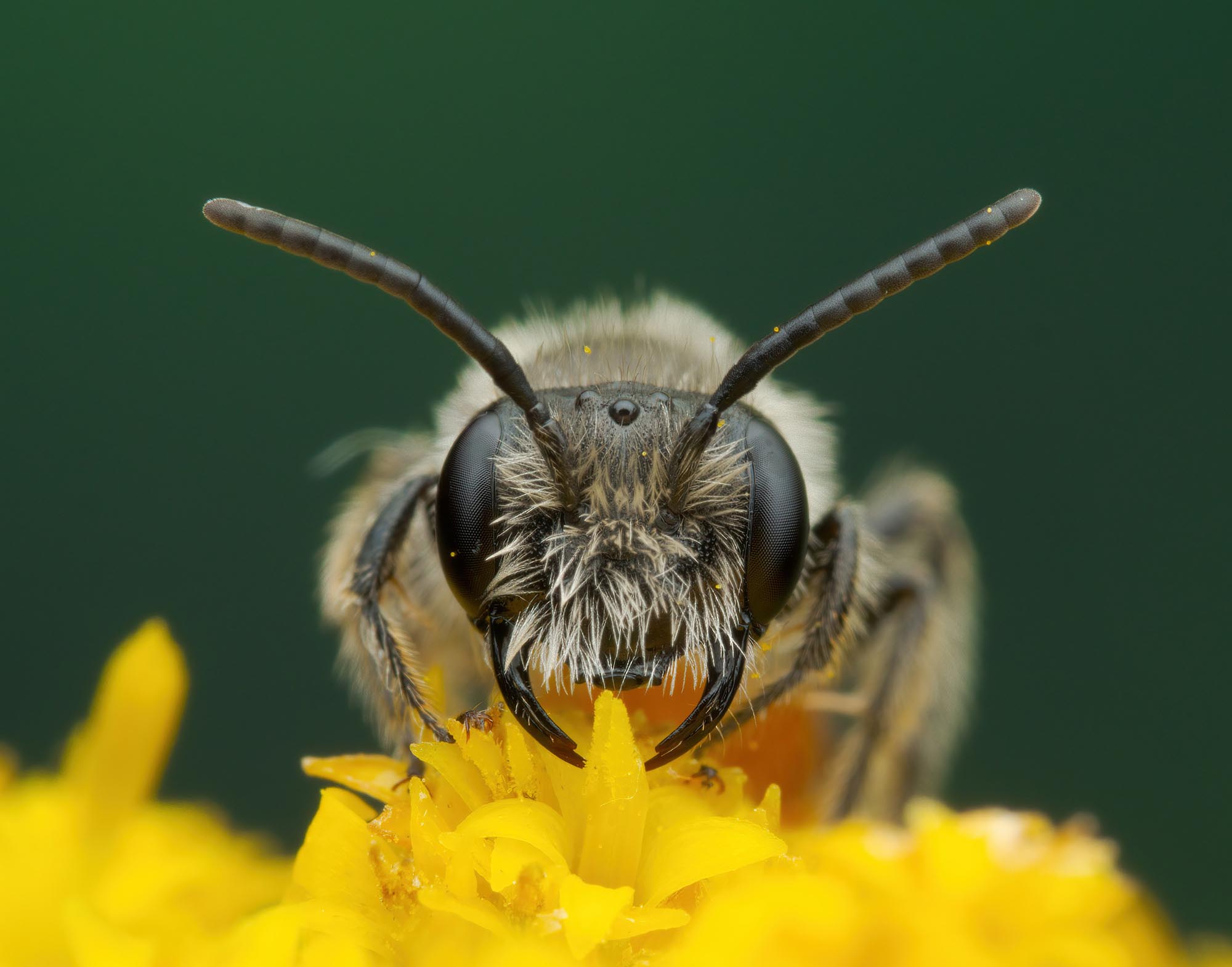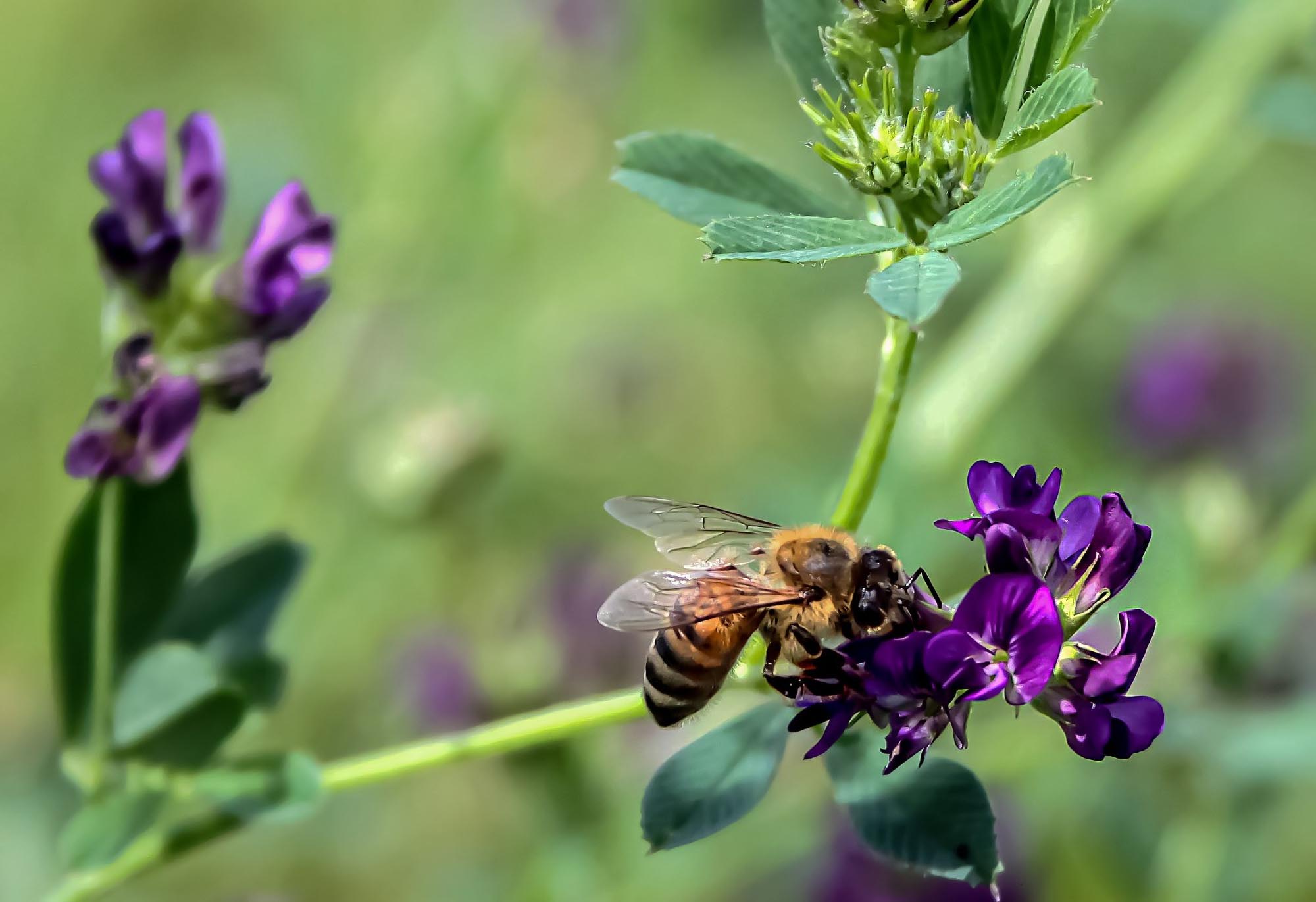Scientists in England have created an online platform in a bid to help the public to protect pollinators and ensure balanced ecosystems.
Entitled ‘Database of Pollinator Interactions (DoPI)’, the site comprises of hundreds of thousands of pollinator-plant interactions.
The database – which has been constructed and managed by experts from the University of Sussex, Falmer – features information from monitoring groups and numerous scientific publications.
Dr Nicholas Balfour is a behavioural ecologist at Sussex University’s School of Life Sciences and one of the five scientists who invented DoPI.
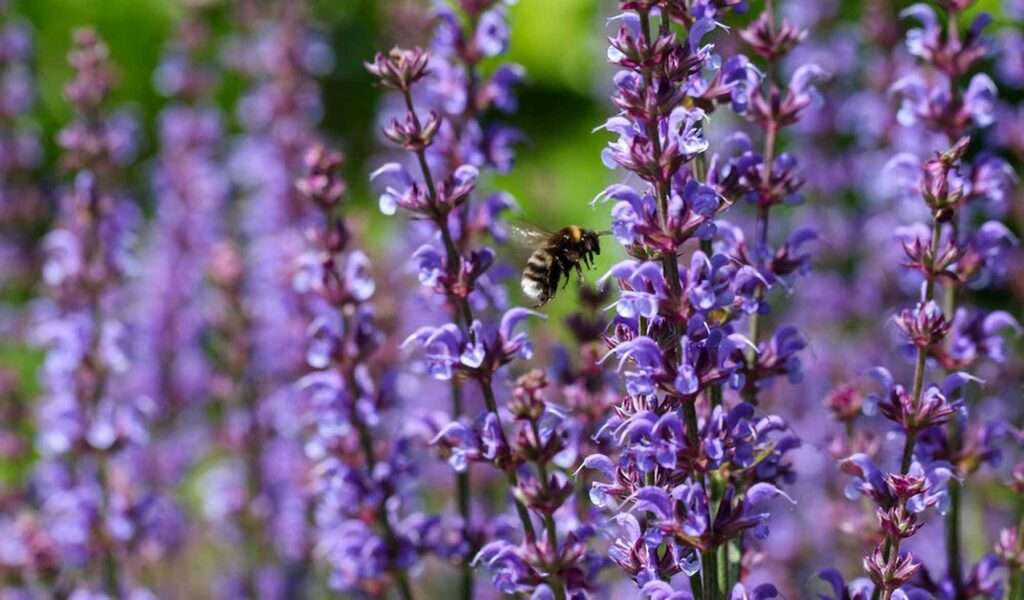
He said: “Our database summarises a wealth of information on plant-pollinator interactions that were previously buried in the scientific literature. This unique resource can be used to answer fundamental ecological questions on pollination interactions, as well as applied questions in conservation practice.”
Dr Balfour added: “We hope the public can use the database to help them select pollinator-friendly species to plant in their gardens and importantly, which plants not to ‘weed.’ One of the things that stands out from the data so far is that many common garden weeds are associated with a great diversity of pollinator species.”
Ecologist and project participator Dr Maria Clara Castellanos revealed: “Researchers from Canada and the US have already contacted us for collaborations to create similar databases in their regions.”
While the importance of flower-insect interactions in maintaining ecosystem resilience and agricultural output is well established, concerns remain regarding the decline in pollinator and plant populations.
More than 40 different species of bees, wasps and butterflies have reportedly become extinct in the United Kingdom within the past two centuries.
Prof Dave Goulson – who also engaged in launching the information platform – said the goal of the team of researchers was to provide “a live resource for anyone interested in pollinators or insect-pollinated flowers.”
Prof Goulson underlined: “Insect populations are declining rapidly and we urgently need to take action. This database helps show where to begin when it comes to everyday planting for pollinators.”

